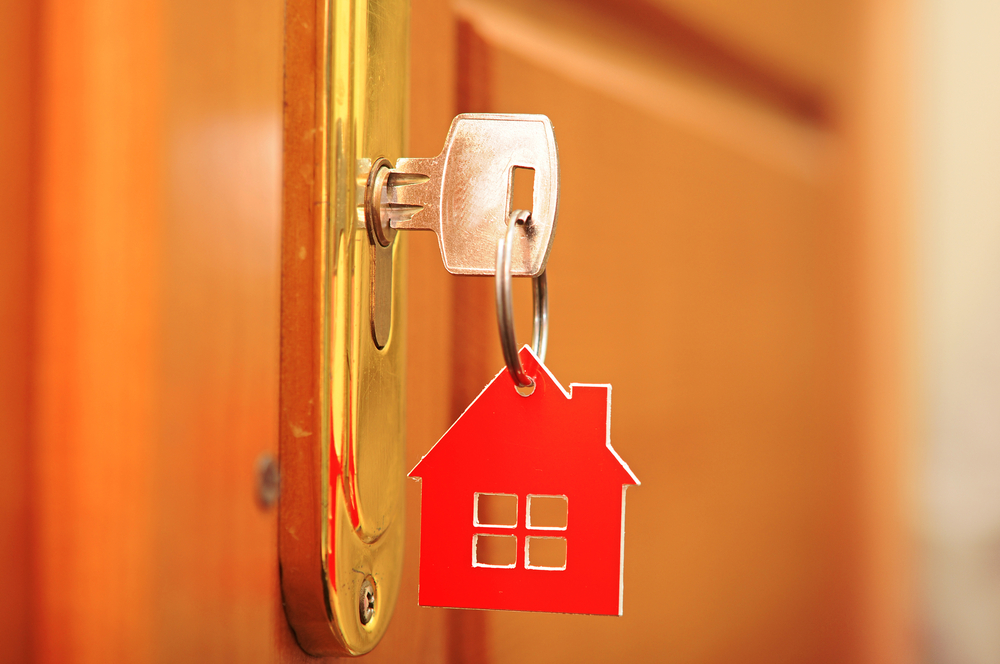First-time Buyer
A third of millennials unlikely to ever own their own home

One in three millennials could continue to rent for the rest of their lives which is likely to push up the government’s housing benefit spend, according to a leading thinktank.
The majority of current retirees own their own homes but around a quarter rent, with many helped with housing costs by the state.
Last year 1.3 million pensioners claimed housing benefit, amounting to £6.3bn.
But given the challenges faced by the younger generation in buying their own homes, the Resolution Foundation suggests many more millennials will live in rented accommodation during their retirement.
The thinktank’s estimates suggest that if the current conditions continue, 47% of millennials (those born between 1981 and 2000) may own their own home by the time they reach the age of 45.
The remaining 53% may inherit property wealth but even in this optimistic light, this will only increase homeownership rates to 66%.
In comparison, homeownership rates for current retirees stands at 77%, showing that millennials fall short on the property front, and it solidifies the ‘generation rent’ status.
The Resolution Foundation examined how millennial renters in retirement could impact the housing benefit bill.
It assumed an optimistic 73% of millennials would own their own home in retirement while on pessimistic grounds, 66% would. The table below shows the impact on housing benefit spend in 2060:
Stephen Clarke, author of the report, said that the ageing of the population has a significant impact, raising spending on housing benefit by approximately 70%.
“Our pessimistic scenario shows that, stripping out the impact of an ageing population, tenure changes will still raise the housing benefit bill by around 50%. A similar magnitude as that caused by the demographic shifts.
“The above should provide a sense of the impact that a rise in the share of pensioners renting in retirement could have on public spending. Though our estimates are only illustrative it is worth pointing out that a number of factors could boost or shrink these numbers.
“First, we assume a relatively high proportion of pensioners (18%) rent in the social sector. Current trends suggest that an increasingly small share of millennials rent socially, and should a higher proportion of pensioners rent privately in retirement then this would – under current policy – push costs up.
“On the other hand, we do not take account of the fact that – in a world in which the proportion of pensioners renting is far higher – the marginal ‘renting’ pensioner is likely to be wealthier and so perhaps qualify for less housing benefit. There are clearly both upside and downside risks to our estimate.”
